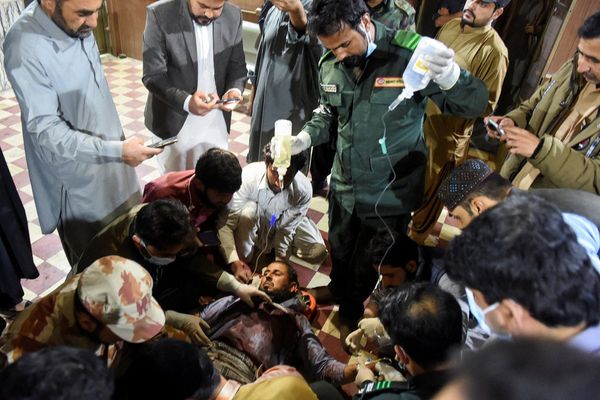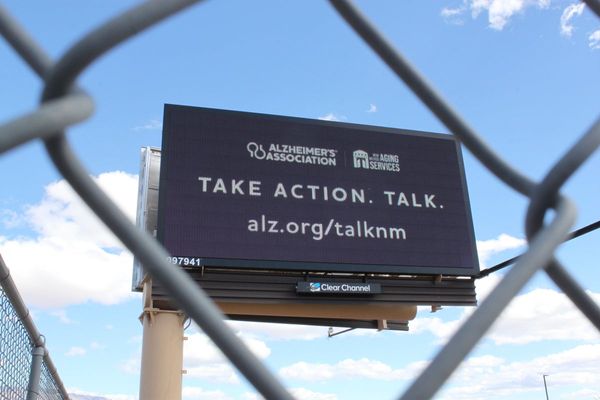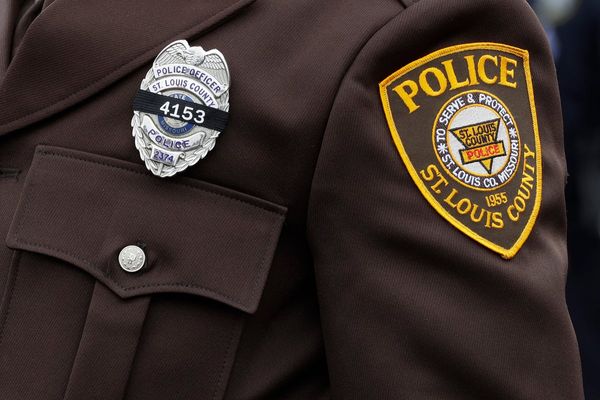
The only electorate that could conceivably house the University of Western Australia (UWA) is Curtin. WA’s “sandstone” and the only university the state had at all until the 1970s, it’s made up of a cluster of heritage buildings such as Winthrop Hall, its Hitchcockian clock looming above the billowing oaks and plume-like Cyprus trees that otherwise block the view of the campus from Stirling Highway.
At the eastern edge of the campus, Derbarl Yerrigan Bilya/Swan River lazily curls into Matilda Bay. UWA gave us Bob Hawke, countless cabinet ministers, Fiona Stanley, Andrew Forrest, five high court justices, two Nobel Laureates and probably every WA premier (except out-of-towner Mark McGowan) you could name without the help of a search engine.
It’s where I meet Kate Chaney, WA’s highest profile teal independent, who is causing the Liberals headaches in WA’s wealthiest electorate, Liberal Party property for all but two years of its life.
She’s approached quite a few times while I’m around — some people are obviously student age, but the most enthusiastic Chaney fans are mostly a little older, mostly women across her policies, optimistic about her chances and just thrilled to meet her.
“I happen to be the person representing it,” she tells me later. “But there’s something happening in the electorate, and in our democracy, that’s very significant, and very hopeful.”
In her telling, Chaney’s bid for Parliament was absolutely not happening until it absolutely was.
“I didn’t have much time to develop any expectations. Curtin Independent approached me first on January 5, I said yes on the 20th, and we launched on the 28th, so it was very quick,” she says. “And before I said yes, I really felt sick, because I thought ‘am I really going to do this?’ I was focused on the negatives but since we’ve started, I haven’t regretted it for a second.
“There’s a sense in the community that we’re not being represented and the conversations I’ve had in the last year have really reflected that disillusionment. I didn’t think ‘This is something that’s happening and I want to get on board’, it was more that I felt this way, and people I knew felt this way, and we became increasingly aware we weren’t alone.”
The morning we meet, her uncle Fred Chaney — one of two former Liberal Party ministers in her lineage, the other being her grandfather Fred Snr, who served under Menzies and Holt — had written in the Nine papers of how the party he served had lost its way.
Chaney says that when she was asked in the past about whether she’d ever run for politics, she would say that neither party represents her (though she was briefly a member of the Labor Party in 2021). But, as with many the teal candidates, you get the sense there’s a version of the Liberal party that Chaney — who favours “economic responsibility” and is concerned about debt levels, lamenting the wasted economic opportunities of decarbonising the economy — could once have fit.
“The Morrison government in the last term has really moved away from the electorate, and even in the last few weeks Morrison has really signalled that he’s abandoning the moderates,” she says. “His position on a federal ICAC, using trans kids as a political issue — you can’t find a more vulnerable group — and his prevarication on climate change — it’s not really a proper debate from either party at the moment.”
I ask about her relationship with the media in WA, about navigating a one-paper town, and she’s characteristically careful but says, “it’s clear that some elements in the mainstream press — not all journalists! — are pretty keen to protect the status quo”.
Of course, there’s also The Post, the western suburbs community paper having probably the most fun it’s ever had covering an election.
It turns out that, as we were speaking, The West was putting together a front page questioning her “transparency” given she won’t give explicit backing to either side before the election.
It’s a strange line of critique — firstly, what the hell would be the point of a vote for an independent if their platform included a commitment to invariably vote with one of the major parties? Second, she’s been fairly clear she’d work with either party as long as they’re willing to negotiate on the policies that motivated her to run in the first place.
And she’s careful to reject the idea that, in the event of a hung parliament, the Morrison government is simply too toxic for her to work with.
“There are good people in both parties, I just don’t know that their voices are being heard. We need more collaborative approaches, we need to be able to work with people with different persuasions, and I would be willing to work with both parties,” she says. “But it would depend on the issues — that’s what would inform my decision if it came to it that my support was required to form government.”
The thought she wants to leave me with, and it’s striking given the slightly dispirited tone of much of the debate around this election, is optimism.
“The main thing is the positivity. I’ve never once felt disheartened during this campaign. It’s reinforced my faith that our democracy can heal itself. When I talk to people working on the campaign in various capacities, and I see their enthusiasm, and their belief we can demand better, I kind of think everything’s going to be OK.”







